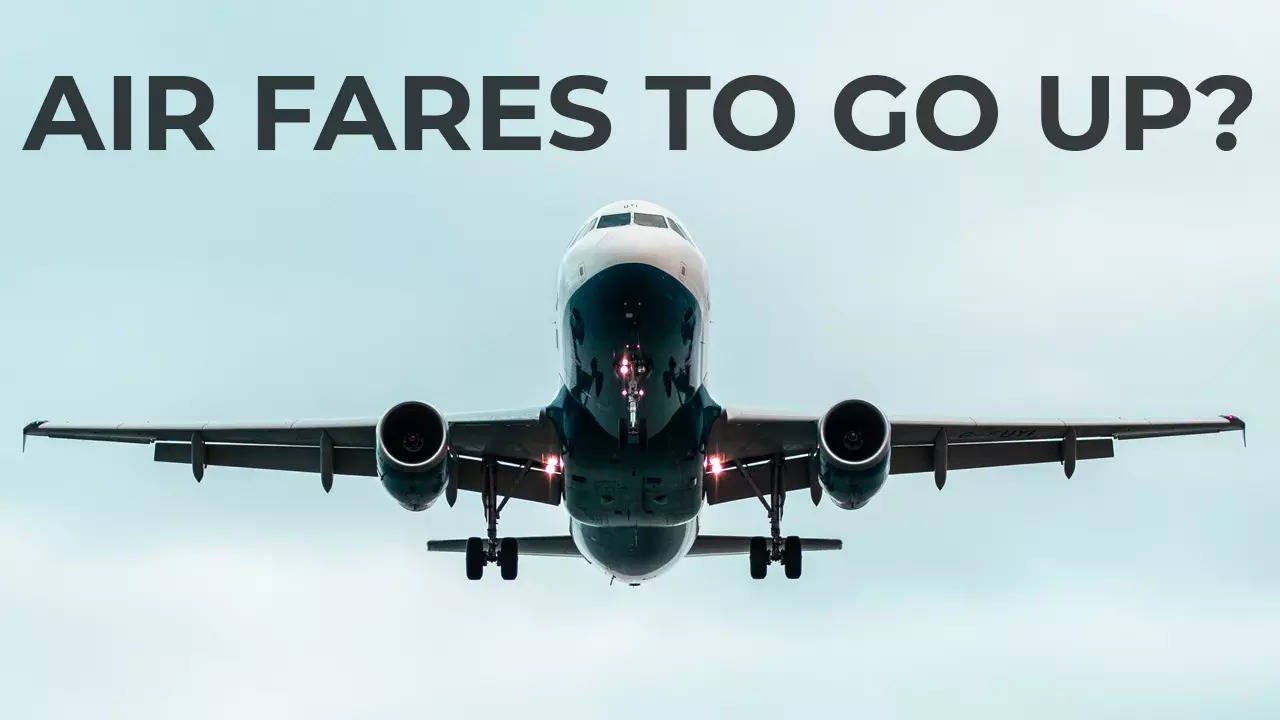Will air fares increase? The airline industry has warned that new rules on pilot rest and duty periods could drive up costs, pushing up ticket prices.
Stating that the objective of ensuring safe flying is important, airline officials argue that the new rules are overly restrictive and impractical. According to an ET report, the CEO of an airline expressed concern about the feasibility of hiring and training a large number of pilots in such a short period of time.
The amended rules redefine the period of night, increasing it by one hour from 12 midnight to 5 am to 12 midnight to 6 am. The rules also limit a pilot to two landings, whereas earlier there was no limit. Additionally, if the pilot’s reporting time falls within the night period, the duty period is limited to 10 hours, compared to the previous 13-hour limit. Additionally, allowance will be made for time over the limit during unexpected circumstances such as bad weather or wind. -Traffic delay has been reduced from three hours to two hours.
While pilots have embraced these new rules arguing that the previous rules on flight time were too lenient, airlines anticipate difficulties in adopting the changes. Hiring and training pilots, as well as implementing new duty schedules and publishing rosters, require considerable time and coordination. It seems impossible for airlines to meet these requirements by the June 1 deadline.
Officials responsible for crew scheduling said a significant number of flights to the Middle East by IndiGo, Air India Express and Vistara operate during the night. Similarly, slot-constrained airports in metro cities often have red-eye flights that depart late at night and arrive in the morning.
The crew scheduling officer highlighted the challenges posed by the new rules and explained that pilots will be required to sign in at 6 am for flights scheduled to depart at 7 am. Similarly, for flights ending at 11:30 pm, pilots will have to depart at midnight. As a result, most duty periods fall within this time frame, limiting the workday to two areas.
To accommodate these flights, airlines would need additional pilots or arrange overnight stays for crew, the official said, which would increase operating costs and potentially raise ticket prices.
Kapil Kaul, South Asia CEO of aviation consultancy firm CAPA, warned of the serious impact of these new rules, estimating that airlines will need 20% more pilots to maintain their current operations.
Senior DGCA officials assured that the new rules were developed after extensive consultation and feedback from the industry. Pilots have long argued that airlines take advantage of the regulator’s lenient rules, resulting in excessive workload and fatigue.






